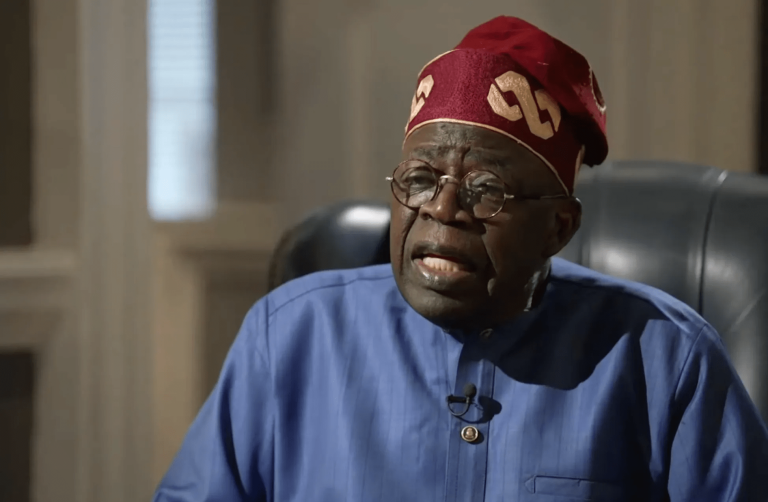President Bola Tinubu has called for earnest efforts and action by citizens, stakeholders, institutions, and development partners to safeguard the environment and ensure a win-win transition to a prosperous and clean economic future for all.
He stated this on the occasion of the World Environment Day marked every June 5.
The President called for a more proactive approach to protect the land and ecosystem through afforestation, water conservation, and the cessation of indiscriminate felling of trees.
According to the President, “to heal our world, we must begin by healing the land and its people”.
The World Environment Day, established by the United Nations during the Stockholm Conference on the Human Environment in 1972, is an important moment for raising awareness on environmental matters.
The theme of this year’s occasion, ‘Land restoration, desertification and drought resilience’, is very significant, particularly for Nigeria, where the scourge of drought threatens parts of the country.
According to the projections of the UN Convention to Combat Desertification, about 40 percent of our planet’s land is degraded, which directly impacts half of the world’s population.
The UN Convention to Combat Desertification also says the number and duration of droughts have increased by 29 percent since 2000 and that without urgent action, droughts may affect over three-quarters of the world’s population by 2050.
In his determined march towards Nigeria’s aspiration to achieve carbon neutrality by 2060, President Tinubu established the Presidential Committee on Climate Action and Green Economic Solutions, which he chairs, to oversee the nation’s climate mitigation and adaptation efforts, as well as green economy initiatives.
The President also approved the establishment of Nigeria’s first Green Industrial Zone, Evergreen City, which is poised to be the leading manufacturing hub in Africa for renewable energy technologies, green solutions, and climate-adaptation technologies.
The President restates his commitment to ensuring the planting of 25 million trees by 2030, not only to protect the environment but also to provide opportunities for Nigeria’s youths within the green-economy value chain.
